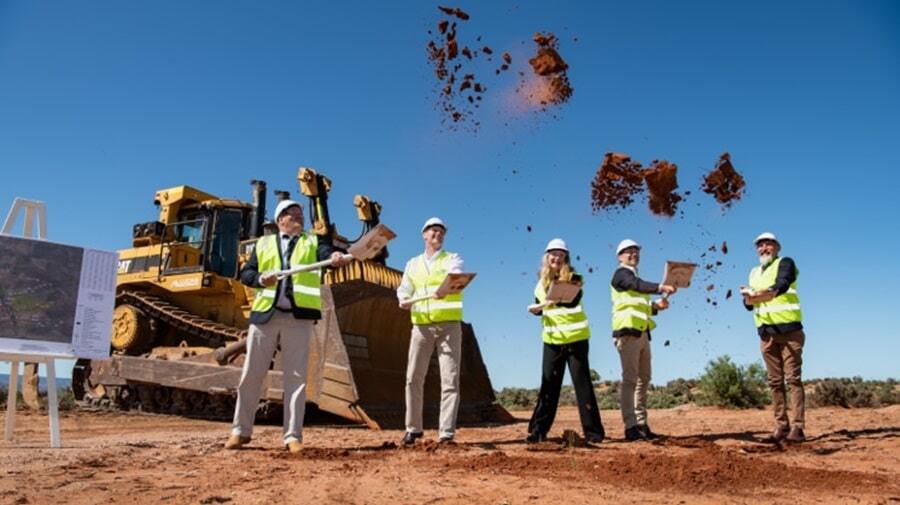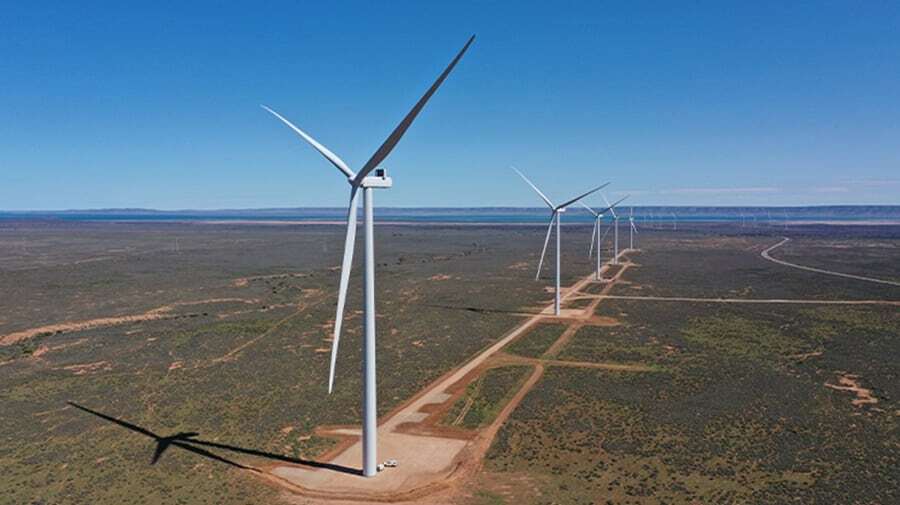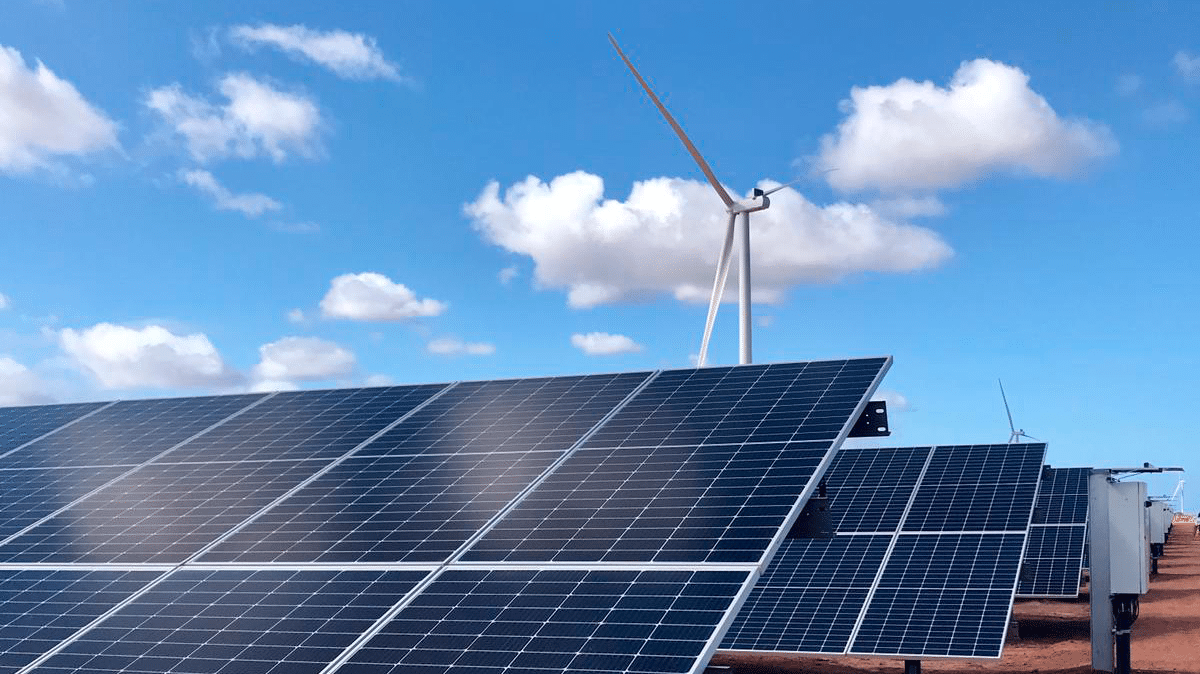The transition from fossil fuels to renewable energy sources has become a global imperative in an era marked by climate change and the urgent need to reduce greenhouse gas emissions. Port Augusta, a small city in South Australia, has become a shining example of how a community can transition away from fossil fuels and harness the power of solar and wind energy. This article explores the success story of Port Augusta and the broader implications for nations seeking to transition towards sustainable energy sources.
Are you looking to save money on your electricity bills and reduce your carbon footprint? Solar energy is the perfect solution! Energy Matters can help you get up to 3 FREE quotes from pre-qualified and vetted solar firms in your area.
Energy Matters has been a leader in the renewable energy industry since 2005 and has helped over 40,000 Australian households in their journey to energy independence. With Energy Matters, you can be sure you’re getting the best possible deal on solar energy. We only work with reputable solar firms with a proven track record of delivering high-quality solar systems.
Port Augusta's transition to renewable energy
The transition to renewable energy in Port Augusta began in 2016 when the town’s coal-fired power station was closed. This left a significant gap in the region’s energy supply but also presented an opportunity to invest in renewable energy.
The South Australian government responded by investing heavily in solar and wind energy projects. The Hornsdale Power Reserve, the world’s largest lithium-ion battery, was built in Port Augusta. This battery has helped to stabilise the region’s grid and integrate renewable energy sources.
In addition to the Hornsdale Power Reserve, Port Augusta is home to several other large solar and wind farms, including the Port Augusta Renewable Energy Park, the Snowtown Wind Farm, and the Hornsdale Wind Farm. These projects have generated billions of dollars in investment and created hundreds of regional jobs.

How nations may transition away from fossil fuels
The transition away from fossil fuels is a complex challenge, but it is essential to address climate change. There are many ways that nations can transition to a clean energy future, including:
- Investing in renewable energy: Renewable energy sources such as solar and wind power are becoming increasingly affordable and efficient. Nations can invest in renewable energy generation and transmission to reduce their reliance on fossil fuels.
- Improving energy efficiency: Energy efficiency measures can help reduce energy consumption and greenhouse gas emissions. Nations can implement energy efficiency programs in homes, businesses, and industry.
- Developing carbon capture and storage (CCS) technology: CCS technology can capture carbon dioxide emissions from power plants and other industrial facilities and store them underground. This can help to reduce greenhouse gas emissions from the fossil fuel industry.
- Putting a price on carbon: Putting a price on carbon can internalise the cost of carbon pollution and encourage businesses and individuals to reduce their emissions. Nations can implement carbon pricing mechanisms such as carbon taxes or cap-and-trade systems.
Experience a new level of energy savings with Energy Matters Marketplace – your one-stop shop for renewable energy products and more whether you’re looking for solar panels, battery storage or outdoor or indoor products.
The benefits of transitioning away from fossil fuels
There are several benefits to transitioning away from fossil fuels, including:
- Reduced greenhouse gas emissions: Fossil fuels are the main source of greenhouse gas emissions causing climate change. Transitioning to a clean energy future can help reduce greenhouse gas emissions and mitigate the impacts of climate change.
- Improved air quality: Fossil fuel combustion is a major source of air pollution, which can cause respiratory problems and other health problems. Transitioning to a clean energy future can help to improve air quality and protect public health.
- Job creation: The clean energy sector is growing, creating jobs worldwide. Transitioning to a clean energy future can create jobs and boost the economy.
- Energy security: Fossil fuels are a finite resource and are increasingly expensive to extract. Transitioning to a clean energy future can reduce reliance on fossil fuels and improve energy security.

Lessons for nations transitioning away from fossil fuels
The success story of Port Augusta holds valuable lessons for nations worldwide that are eager to transition away from fossil fuels:
Diversification of energy sources: Port Augusta’s model illustrates the importance of diversifying energy sources. Relying solely on coal or oil leaves a region vulnerable to price fluctuations, supply disruptions, and environmental degradation. Diversifying into renewables like solar and wind can enhance energy security and reduce greenhouse gas emissions.
Public and private collaboration: The transition in Port Augusta was made possible through collaboration between the public and private sectors. Governments and local authorities can play a pivotal role by offering incentives, setting renewable energy targets, and creating a favourable regulatory environment. Private entities, on the other hand, bring investment, expertise, and innovation to the table.
Job creation and economic growth: The renewable energy sector has the potential to create jobs and stimulate economic growth. As demonstrated in Port Augusta, investing in renewable energy can improve environmental outcomes and lead to positive economic impacts in terms of job opportunities and increased revenue.
Community engagement and support: The involvement of the local community is vital for a successful transition. In Port Augusta, there was widespread support for renewable energy projects. Engaging with local stakeholders, addressing concerns, and providing information about the benefits of clean energy can help build consensus and overcome resistance.
Port Augusta’s transformation from a coal-dependent city to a hub of solar and wind energy is a testament to the feasibility and benefits of transitioning away from fossil fuels. The city’s journey is a valuable case study for nations striving to reduce their carbon footprint and combat climate change. Port Augusta has shown the path to a more sustainable and cleaner future for all by embracing diversification, public-private collaboration, job creation, and community engagement. The success story of this South Australian city inspires us to imagine a world where nations, too, can harness the power of renewable energy and leave behind the environmental and health hazards of fossil fuels.
Is solar energy suitable for your business?
Is solar energy suitable for your business? Solar energy has numerous advantages that are worth investigating. Investing in solar will minimise your operational costs, reduce your company’s carbon footprint, and prepare it for the future. A commercial property with a solar installation is excellent for business.
When installing commercial solar for a company, it is crucial to be informed of all types of federal government solar rebates, incentives and the many benefits these provide, as they may help Australian businesses become future-ready and sustainable for years to come.
Contact us today for up to 3 FREE quotations from commercial solar firms we’ve pre-qualified and vetted for their track record of delivering Australia’s best business solar systems.













































